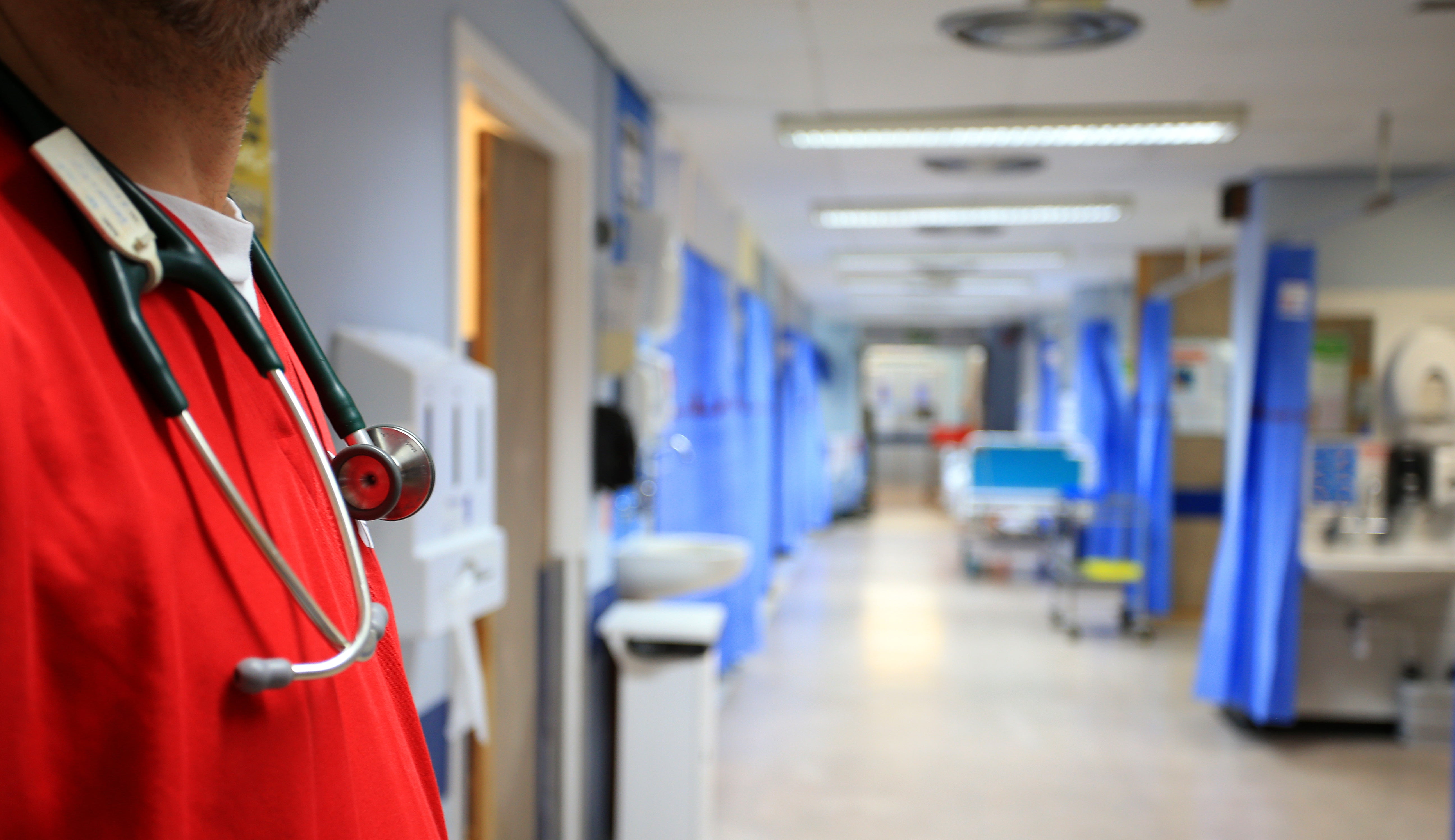NHS care backlog grows to record high of 6.2 million
‘Emergency care is struggling to cope and, in some cases, is unable to deliver safe care’, says top doctor

The number of NHS patients in England waiting to start routine hospital treatment has risen to 6.2 million – the highest number since records began 15 years ago.
Waits at A&E and for ambulances soared to new highs as the health service battled high Covid rates and staff absences.
The latest NHS figures for February show 299,478 patients were waiting more than one year for an operation, down from 311,528 the previous month. While 23,281 patients were waiting more than two years, down by almost 500 – but about nine times the number who had been waiting this long in April of last year.
The March data, published on Thursday, showed that 22,506 people had to wait more than 12 hours in England’s A&E departments. This is up from 16,404 in February and is the highest recorded.
A&E attendances were almost 30 per cent higher in March 2022 compared to March last year, and the number of people being seen within four hours in emergency departments has hit an all time low of 71.6 per cent. The NHS target is to have at least 95 per cent of patients seen within four hours.
As revealed by The Independent on Wednesday these figures underestimate the real scale of waiting times, as internal data showed that in just one week in March, 25,000 patients waited more than 12 hours in A&E.
Ambulance waits have also hit new highs as data shows that the average response times for patients with life-threatening emergencies reached nine minutes and 35 seconds. The NHS target is seven minutes.
For category-two patients – for example, those with suspected heart attacks – the average ambulance response time in March was one hour, which was also the longest on record.
Dr Tim Cooksley, president of the Society for Acute Medicine, said: “Pressures are at unsustainable levels and it is deeply concerning that the inability to even come close to meeting performance targets has now come to be expected month on month.
“Clinical and operational staff are working tirelessly to ensure this does not become the new ‘normal’. It is essential their efforts are recognised and that government engage and support solutions.”
He added: “It is increasingly evident that urgent and emergency care is struggling to cope and, in some cases, is unable to deliver the safe and high quality clinical care every clinician wants to be able to provide for their patients.
NHS leaders warned that the continuing pressures from Covid were preventing inroads being made in the care backlog.
Speaking on BBC Radio 4 Chris Hopson, chief executive for NHS Providers, which represents hospitals said: "The immediate problem has basically been that we were hoping that the Omicron surge would have tailed off and that we could hit top speed on care backlog recovery.
"Instead what we’ve seen is the number of people with Covid in hospital double from 8,200 six weeks ago to 16,400 at the start of this week.
"We’ve got 70,000 staff off, 40 per cent of them with Covid, and we’ve got 20,000 medically fit patients that we can’t discharge because of the massive increase in pressures on social care, again, significantly driven by Covid-19.”
Professor Stephen Powis, the national medical director for NHS England, said: “Nobody should be under any illusion about how tough a job NHS staff have on their hands, balancing competing priorities and maintaining high quality patient care.
“Despite pressure on various fronts and the busiest winter ever for the NHS, long waits fell as staff continue to tackle two-year waits by July thanks to the innovative approaches to care they are now adopting – from same day hip replacements to dedicated mobile hubs for operations.”
Subscribe to Independent Premium to bookmark this article
Want to bookmark your favourite articles and stories to read or reference later? Start your Independent Premium subscription today.

Join our commenting forum
Join thought-provoking conversations, follow other Independent readers and see their replies